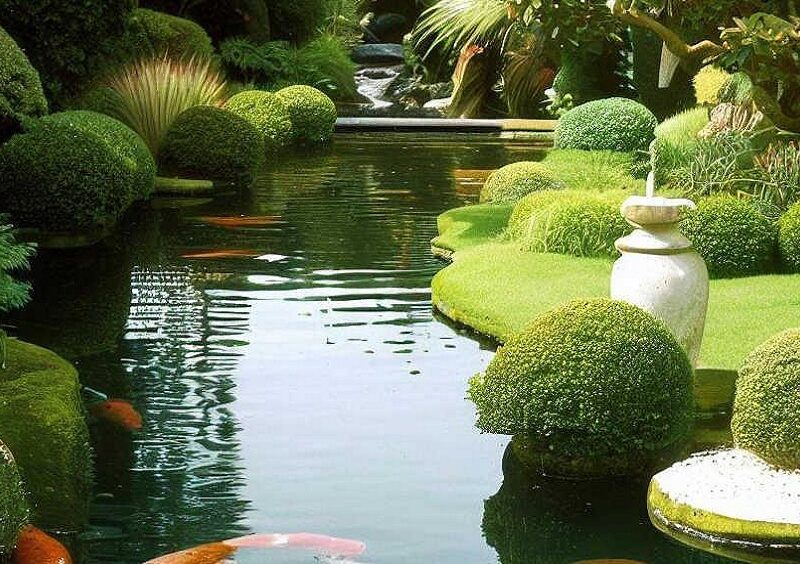Making and developing a wonderful ornamental water garden is one of the joyful ways of spending leisure time, though it is not as simple as digging a pit and flooding it. For everything from where to build the facility to ensuring that the water quality is right, advice can go a long way. That is where the ‘Pond Guy’ comes into the picture – someone who will make a proper pond with a biological complexity for every living thing to co-exist. Below are a few important pieces of advice he gave to succeed in the ponding venture.
1. Choose the Right Location
To the select of proper site, follow the guidelines below to have a beautiful pond for your fish at the end of the day. Do not locate your pond close to large trees that shed leaves and other materials on your pond that are not good for water quality and additional work. It should be located in a shaded area, but one which gets some sunlight, probably mid-morning or mid-afternoon. Excessive heat is good for algae growth and scarcities have an impact on plant growth. Also, consider the view—you will be able to see the pond from a patio or a window, so the pond will be under your eyes all year round.
2. Use High-Quality Materials
As for the options for the pond liner, do not be tempted to buy cheap material. A strong rubber or lining is necessary and the best for the long run. The right liner means that the pond can retain water and that there will be no leakage noticed in it. If the pond is large or contains a stream or waterfalls it is recommended that the owner purchases a great pump. This is an important component since water without movement of some sort starts to become stagnant, unhealthy for ponds.
3. Make a Balance between Plants and Fish
Good pond means a balance between plants, fish, and a filtration system. People believe that plants are only used for beautifying buildings, structures, and the surrounding play a big role in supporting the ecosystem. Water lilies and similarly floating plants will help to minimize the growth of algae as they also offer shade in water. You find plants that require water to provide them with oxygen to enable them to reach as well as provide a haven for fish. When choosing fish, goldfish and are suitable for this type of pond but be certain that the pond is proportionate with the type of fish you have chosen. Feeding the fish always to its full capacity implies over stocking which results in waste accumulation and affects water quality.
4. Filtration is Essential
They plumbing and filtration system is the foundation of a healthy water garden. The mechanical filters capture various kinds of particulate matter, while the biological filters minimize the working of waste products. The correct size of the filter will allow the pond to remain clean and possess a correct balance. The Pond Guy pointed out, that filter choice depends on the pond size and the general features of the water body. If you are using waterfalls/streams then you may need a higher capacity filter that can accommodate the flow.
5. Monitor Water Quality
The health of your pond depends on its water quality. Practical items include testing the water in terms of pH, ammonia, nitrites, and nitrates regularly. The most suitable pH for ponds and the plants and fishes contained therein is approximately 6.5 to 8.5. The presence of ammonia and nitrites above some limit poses a danger to the fish while high nitrate leads to algae formation. Large-scale water ponds can also be treated through the addition of such friendly bacteria which help digest organic matter to enhance water quality.
6. Routine Maintenance
However, ponds require very little maintenance most of the time they still need consistent care and attention. Clean any debris on the plant remove dead leaves on the plant, clean the filter if used, and find out whether there are any signs of disease. It’s a fight during warm months and usually requires intervention by the renter to remove the algae or to apply safe, biodegradable algae killer. In cold climates avoid the pond freezing during the winter time. A pond heater or an aerator can help in the process of permitting a part of the water to remain free for the gases to interchange.
Conclusion
By reading and practicing tips given by experts, you can guarantee the formation and proper care of a beautiful pond. Whether it is a new design or a redesigned one, equilibrium is fundamental to a successful community. Everything from correctly filtering your pond to selecting the correct plants and fish; Pond Guy’s expert guide will help you maintain that beautiful pond for your home. Happy pond building!










